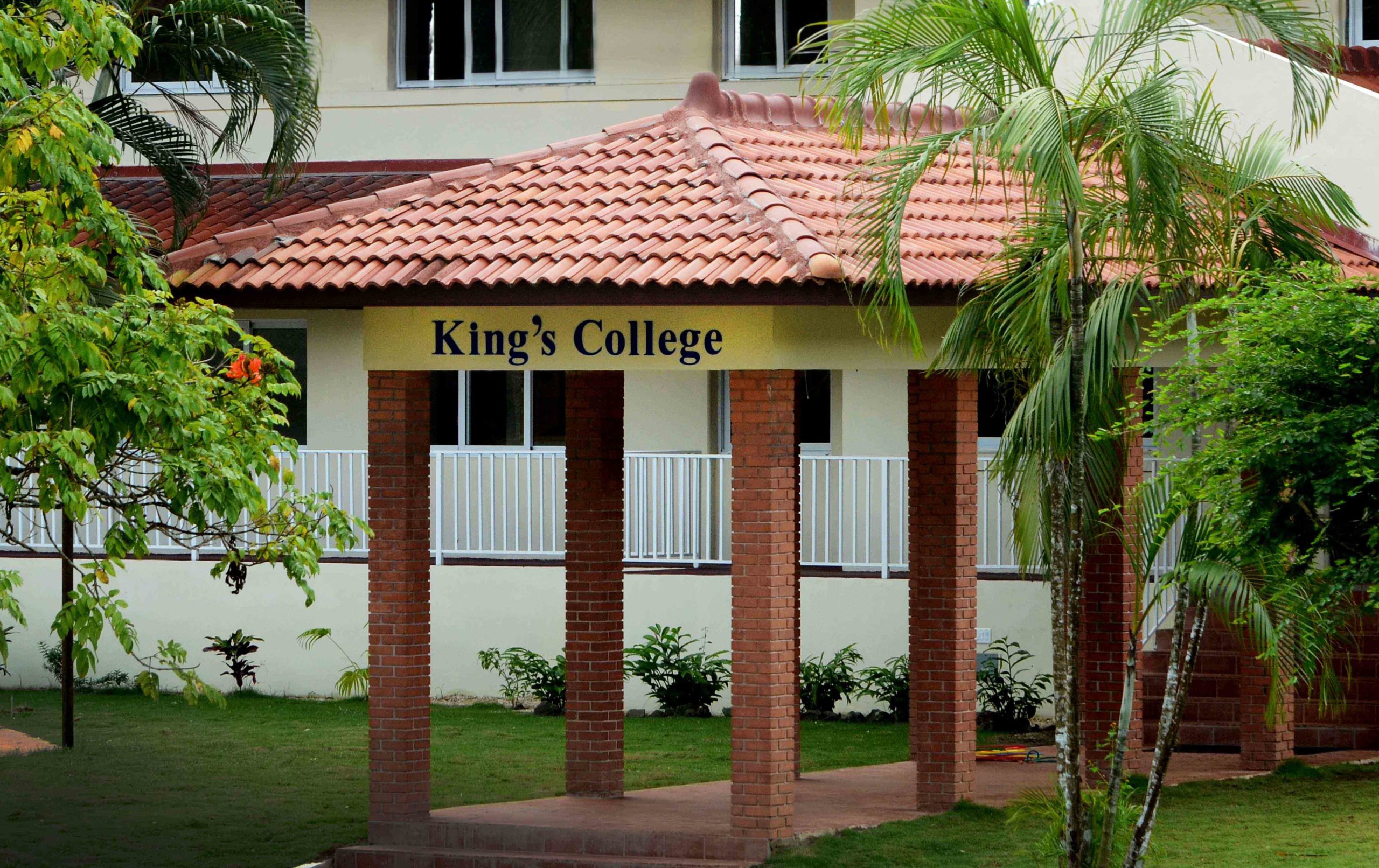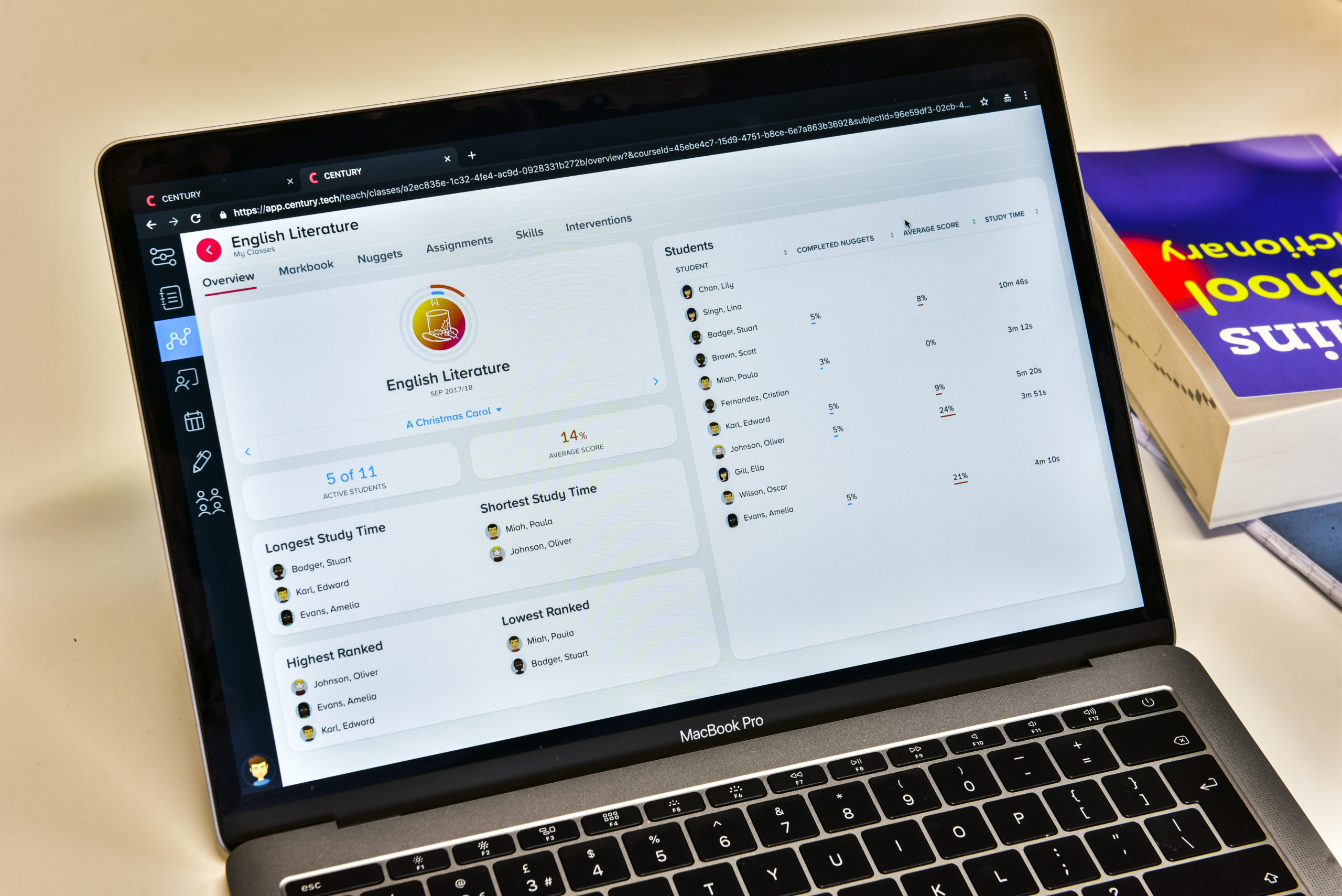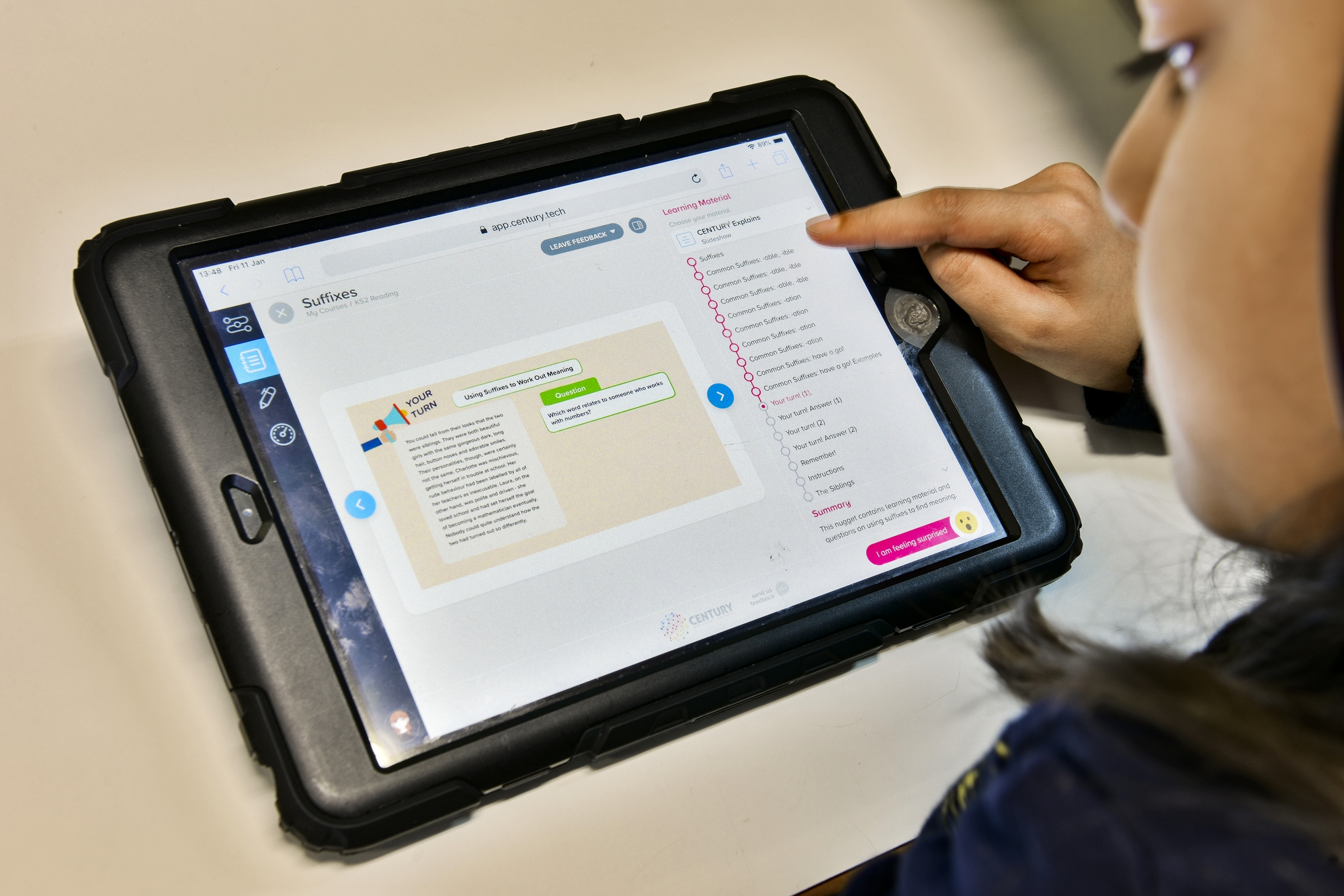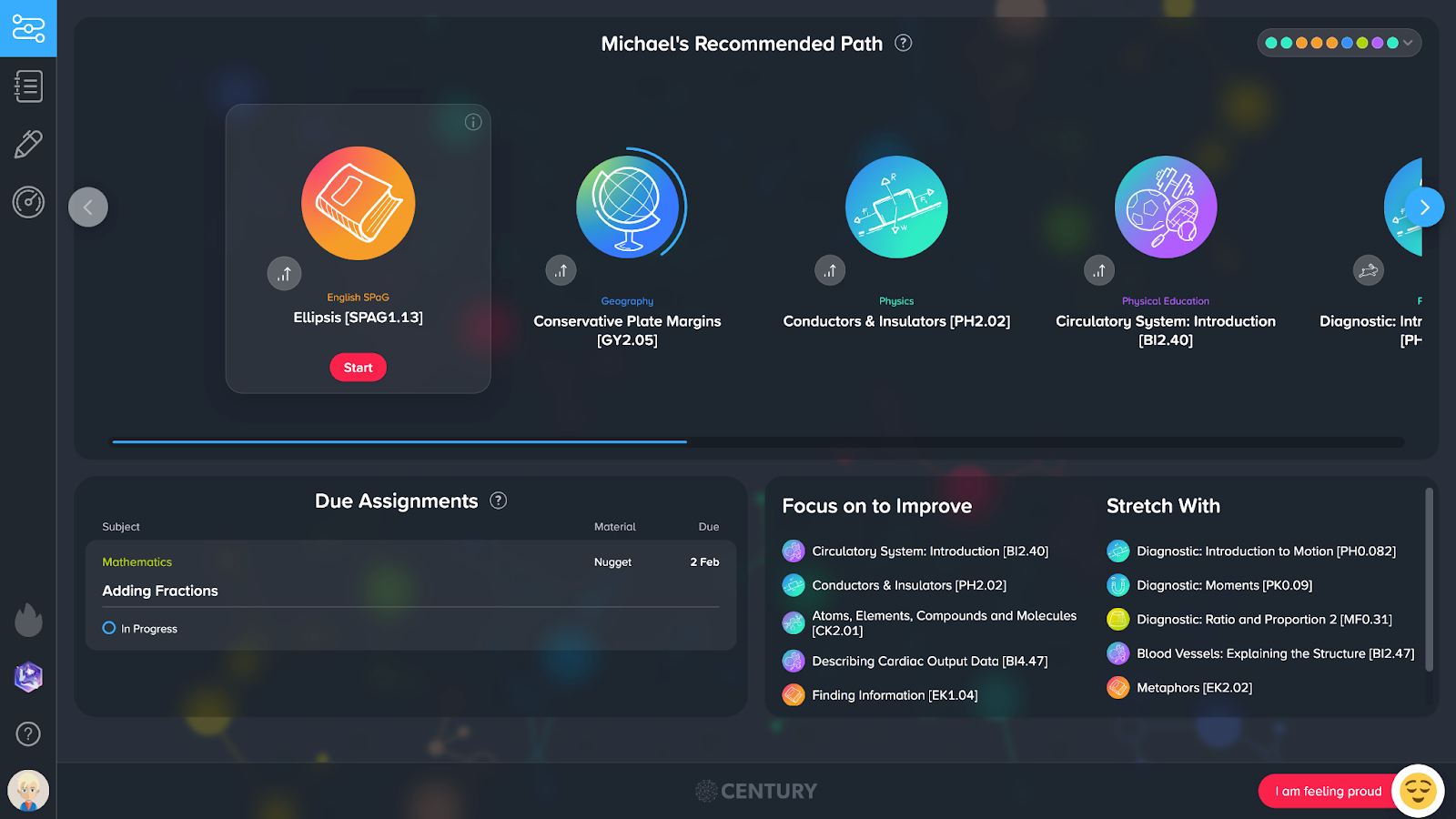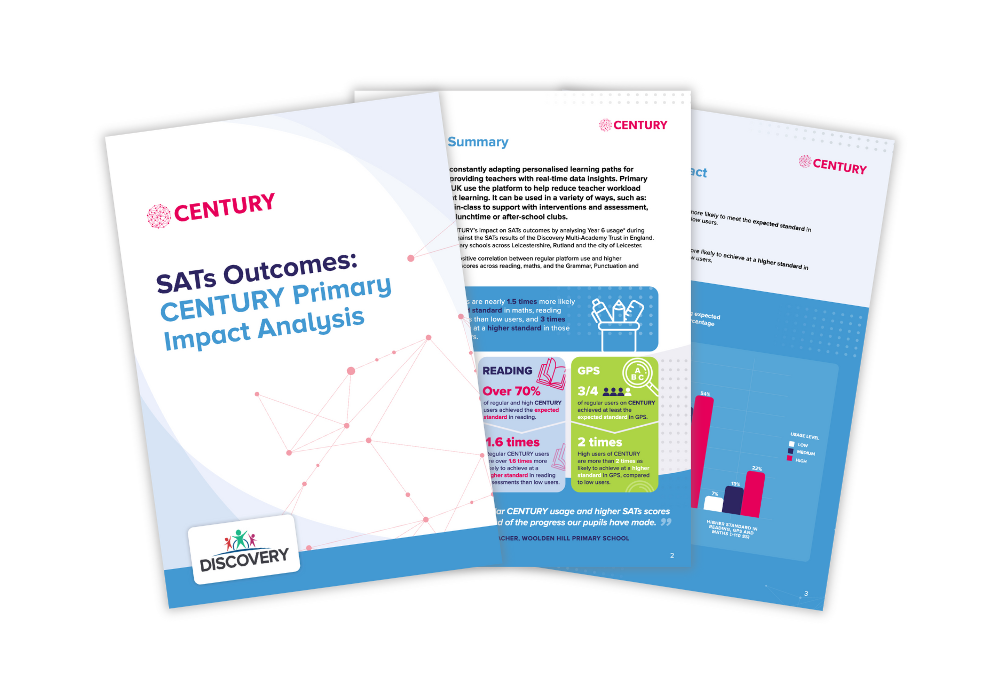Estimated reading time: 8 minutes
Surrounded by the Panamanian rainforest and built on the site of a former US military base, King's College, The British School of Panama teaches a rigorous British curriculum to 350 students from ages three to 18, from 32 different nationalities.
Upon Panama entering one of the world’s strictest lockdowns, the school adopted CENTURY to ensure children continue to learn during the disruption.
Since March, the school’s students have used CENTURY to answer 80,000 self-marked questions and complete 9,000 mini-lessons. The platform’s AI has identified and rectified 400 learner misconceptions – directing them to the content most suitable for their individual needs.
We spoke to Matthew Lawrence, Head of Secondary at the school, which is part of the prestigious global Inspired Education Group, to learn how the school’s teachers and students are using CENTURY and other education technologies to allow learning to flourish.
What is your philosophy regarding education technology?
Our vision is to implement technology both safely and effectively. Especially now in today’s climate, it’s more important than ever to use technology in a safe and effective way. Strategically, we want students to appreciate the beneficial role of technology but also to be fully aware of how it must be used safely and appropriately.
In a more concrete sense, our approach to digital learning during lockdown has been based on the ability to track students’ progress and effort levels using CENTURY. This has benefitted both students and staff.
We’re combining technology with more traditional methods, but for me it is important to remain at the cutting edge of innovation. We are a forward-thinking school – even before lockdown, our secondary students had Chromebooks and used other platforms, so they are used to using different technologies in the classroom. Our staff want to encourage students to explore technology to allow them to develop digital skills – something that will only become more important in the coming decades. We also have specialist computer science lessons from Years 7 to 13 – it is vital that students know how to use technology effectively and safely.
How did CENTURY come into your plans?
When closure was announced on the 11th of March, we were fortunate to already have a rigorous digital learning policy in place. As King’s College is part of a global network of schools, we also were fortunate to benefit from shared best practice.
But we wanted to ensure we had something in place that would allow us to monitor work and effort levels in real-time and allow the students to work at their own pace. A few years ago our headteacher heard about CENTURY at a COBIS conference. When lockdown happened, we looked into it as an option and noticed CENTURY’s offer of free access to the platform during lockdown. We made contact with CENTURY’s Charles Wood on the second or third day of closure, so we were quick to get set up.
We had the training session with Charles, to which I invited our staff, and from there we were pretty clear with how CENTURY would fit into our plans. I then sent out emails to parents and gave students their logins. From there, students were up and running swiftly and they were able to begin learning. CENTURY’s international team were swift in providing support to get us off the ground.
How did your teachers respond to using a new platform?
Our teachers responded very positively. It has mostly been used by our science and maths departments. They have used it extensively in their digital learning, especially to revise and check students’ progress. Students have also been able to gain brand new knowledge and skills with the nuggets set by both the AI and their teachers. Learners have been engaged with the content and our staff found it very easy to use in terms of implementation.
What has been the response of pupils to using CENTURY?
Students were excited when we launched the platform. They’re somewhat digital natives anyway, so making learning relevant to the way they operate outside the classroom has been positive. The students have responded well to being able to complete homework and work outside the classroom in an engaging way.
CENTURY allows our students to develop a growth mindset with their learning – it cultivates a love of learning, creating lifelong learners. This is a key component of our educational philosophy and CENTURY encourages them to keep on learning and dig deeper into the knowledge. This is important during normal times, but especially during the ongoing disruption it has allowed them to foster a love of learning. When we return to normality the balance will be great – having the teacher there to inspire but also the technology to help the students learn.
Growth mindset is hugely important to us, with our extracurricular activities like Duke of Edinburgh, volunteer activities, a wide range of confidence-building opportunities for students. It is great to have a learning platform that helps students to build that autonomy with their learning too.
What role does data play in your digital learning strategy?
Data has become even more important during the lockdown, using data to highlight strengths and weaknesses. With CENTURY, we have that ability to analyse the data in more depth, something we can use and incorporate with what we already know about our students. We use it in our pupil progress meetings and is a valuable tool that is suitable for tracking and monitoring student progress.
The platform offers an impressive level of data insight. The depth of information provided to both students and teachers is very helpful. The level of analysis and data insights provided by CENTURY sets it apart from other options, which is a very positive aspect.
How do you think learning might change after lockdown ends?
Before lockdown, we used technology widely. In my section of the school, pupils use laptops in every lesson anyway. Now we’ve had the opportunity to explore more platforms, staff have discovered new techniques and platforms such as CENTURY. As a result of the disruption, we will likely see more flipped classrooms, with students learning content at home and then coming prepared to discuss the subject at greater depth, completing labs, and other things that can only be done with the teacher present.
In terms of actual lessons, if we did not know this before, everyone is learning that you cannot beat the human interaction with a teacher, the bond that forms between children and their teachers. That is as vital as the method of delivering content. The teacher needs to be very knowledgeable, of course. Our new fondness for technology will remain, helping students to learn differently and allowing teachers to operate more efficiently, but at the same time we do need to get back in the classroom to allow face to face teaching to thrive again, for students’ social and emotional development if nothing else.
What can other schools learn from your experience?
Schools should ensure that the technology they use matches their students’ needs, in terms of approach and content. Technology should ideally be deployed across departments simultaneously. Schools should ensure staff are fully on board with a new approach, ensuring training is consistent and all are aware of the benefits of your strategy.
Using CENTURY has been a very positive experience for the school, something we are keen to explore further in the future as learning gets back to normal. On top of helping our students and teachers to function through one of the toughest lockdowns in the world, CENTURY’s team has been very good in terms of support – a good experience all round.
CENTURY is available for free for both schools and families during the disruption caused by the coronavirus pandemic. Learn more about how CENTURY can supercharge your students' learning.
